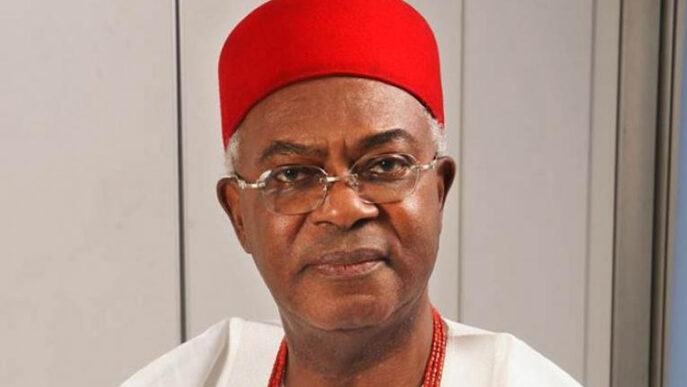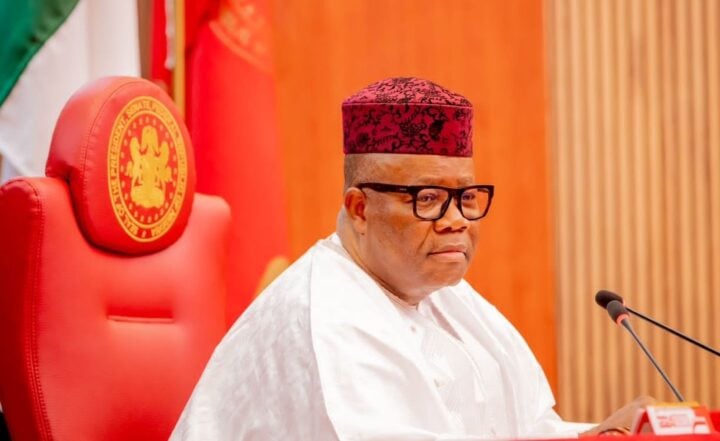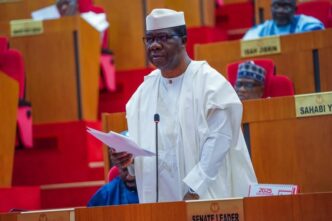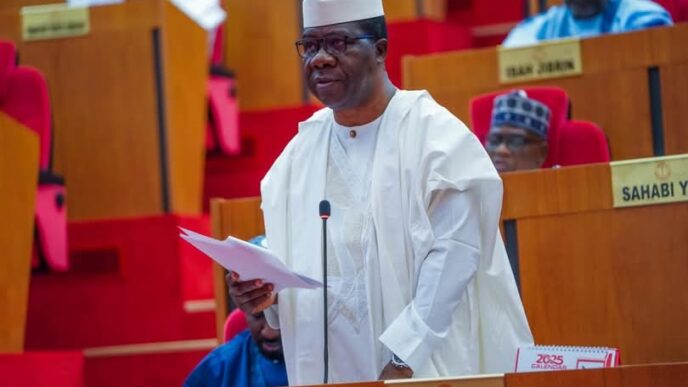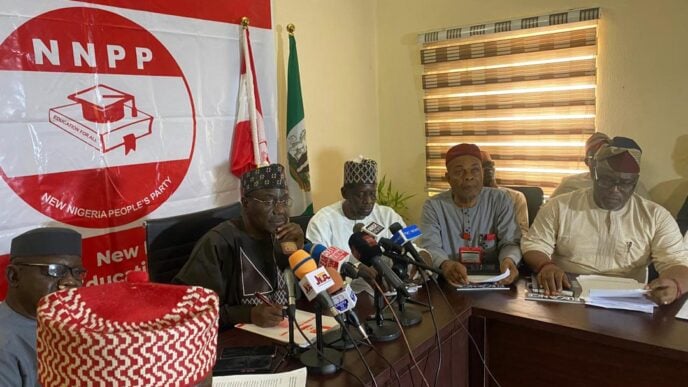A Nollywood movie set | File photo
As the Nigerian film industry continues to gain global recognition, experts believe that the Nigerian Television Authority (NTA) and the National Broadcasting Commission (NBC) must play a more active role in Nollywood’s growth.
They argued that strategic collaborations with private sector players like MultiChoice and Netflix could provide a sustainable framework for Nollywood’s continued evolution.
Industry stakeholders said that while Nollywood has thrived due to investments from companies like MultiChoice and, more recently, Netflix and Amazon Prime Video, the role of Nigeria’s public broadcasting institutions remains largely untapped.
“NTA once played a pivotal role in the development of Nigerian storytelling, but over time, it has lost its influence. It must step up and actively participate in the sector’s growth,” renowned filmmaker Chris Ihidero said.
Advertisement
Since the early 1990s, MultiChoice Nigeria has been a major driver of Nollywood’s success, elevating production standards, creating jobs, and investing in film infrastructure. The company’s Africa Magic channels have provided a consistent platform for local filmmakers to showcase their work.
“When there was little or no government support, MultiChoice stepped in and helped shape modern Nollywood,” said media analyst Tunde Ojo.
In recent years, streaming giants like Netflix and Amazon Prime Video have deepened Nollywood’s international reach.
Advertisement
Their entry into the market has led to higher production budgets, improved storytelling, and increased global distribution of Nigerian films. A Financial Times report highlighted that Netflix’s investment in Nollywood has led to a surge in high-quality productions that appeal to global audiences.
Despite these advancements, industry experts insist that NTA, as the country’s largest public broadcaster, must do more.
Filmmaker and director Emeka Amakaeze said: “NTA has the reach and resources to promote Nollywood films both locally and internationally. If it partners with industry stakeholders, it could create a more inclusive and structured industry.”
Beyond NTA, the NBC, as the regulatory body, also has a crucial role to play. Some stakeholders argue that the commission needs to update its policies to reflect the realities of modern filmmaking and broadcasting.
Advertisement
Media consultant Aisha Lawal said: “The NBC should ensure that its regulations encourage growth rather than stifle creativity. We need policies that support distribution, funding, and training.”
According to the stakeholders, a key area where NTA can make an impact is in grassroots filmmaking. Many aspiring filmmakers across Nigeria struggle with access to training and opportunities. The experts opine that if NTA establishes initiatives similar to the MultiChoice Talent Factory (MTF), it could help develop the next generation of Nigerian filmmakers.
“The MTF has impacted over 7,700 young creatives in just six years. Imagine what NTA could achieve with its nationwide reach,” said film producer Uche Eze.
Training programmes like MTF provide technical skills, mentorship, and industry exposure to budding filmmakers. These initiatives ensure that Nollywood remains competitive in an era where storytelling and production quality are becoming increasingly sophisticated.
Advertisement
“We need structured pipelines for young talents. Without training, we risk losing potential future stars,” said screenwriter Kemi Ogunde.
The stakeholders said another area of focus should be investment in digital content. With the rise of streaming platforms, there is a growing demand for high-quality, digital-first productions.
Advertisement
Nollywood director Niyi Akinmolayan noted that “if NTA partners with private players, it could create original series and films that cater to both local and international audiences”.
The experts also stressed that knowledge transfer between veterans and newcomers is crucial. In Hollywood, institutions like the American Film Institute (AFI) provide mentorship and training for young creatives.
Advertisement
“Nigeria needs a similar model where established industry figures can groom new talent,” said film scholar Adamu Bala.
Government support, the stakeholders said, is another major factor in Nollywood’s growth. While countries like South Africa and Kenya have introduced tax incentives for film production, Nigeria is yet to fully explore this avenue.
Advertisement
“If the government offers tax breaks and funding, Nollywood can compete on a global scale,” said entertainment lawyer Funmi Adewale.
Beyond funding, film distribution remains a challenge. Many Nollywood movies struggle with piracy and lack of structured distribution channels.
“We need a comprehensive distribution framework that includes cinemas, streaming services, and TV networks,” said media executive Adeolu Olanrewaju.
Industry experts believe that collaboration between NTA and streaming platforms could bridge this gap, noting that if public broadcasters work alongside platforms like Netflix and Showmax, more Nigerian films can gain international exposure.
“It’s about working together, not competing. The industry benefits when all players are aligned,” said industry strategist Mary Okonkwo.
Kunle Afolayan added that Nollywood’s success depends on a well-structured ecosystem that supports filmmakers at all levels, with NTA and NBC playing key roles in the industry’s development.
“We cannot rely solely on private sector investments. Public institutions must be actively involved,” the film director said.




